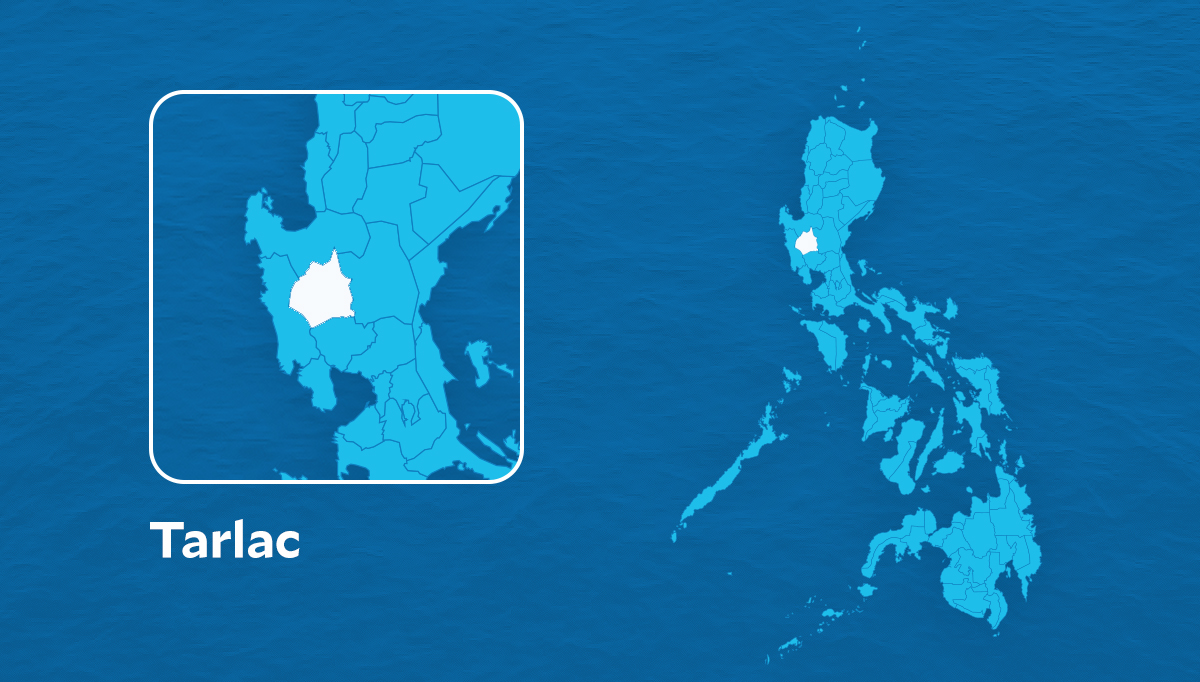
Have you ever wondered where your household waste, especially plastic bags, ends up? Unfortunately, much of it is dumped in every corner of the city. From high-rise buildings to cottage houses, garbage is a constant feature found at every doorstep. Karachi’s waste management system remains insufficient and incapable of handling the vast amounts of garbage collected daily.
Currently, the country’s largest city produces 12,000 to 14,000 tonnes of garbage per day, of which 9,000 to 10,000 tonnes are disposed of, leaving a daily backlog of at least 2,000 tonnes, according to the state-run Sindh Solid Waste Management Board (SSWMB). This poses a serious threat to public health and the environment, contributing to frequent outbreaks of viral infections. The increasing amount of garbage creates a claustrophobic situation where the city’s streets, alleys, and even main roads are choked with waste.

This not only makes Karachi look like a giant landfill but also leads to severe health and environmental hazards. World Bank Group BoD okays $300m IDA loan for Punjab Clean Air Programme The inefficiency of waste management authorities, coupled with the lack of public awareness and responsibility, exacerbates the problem. Many citizens, due to inadequate disposal facilities, resort to dumping garbage in open spaces, storm drains, or even burning it, which releases toxic chemicals into the air.
To tackle this issue, the government must implement strict waste management policies, invest in recycling plants, and encourage community participation in cleanliness drives. Raising public awareness through social media campaigns, educational programmes, and community-driven initiatives is crucial. Without it, Karachi will continue to serve as a breeding ground for diseases and environmental destruction.
The time to act is now. TOOBA ABBASI, Karachi. Tags: karachi waste management.















